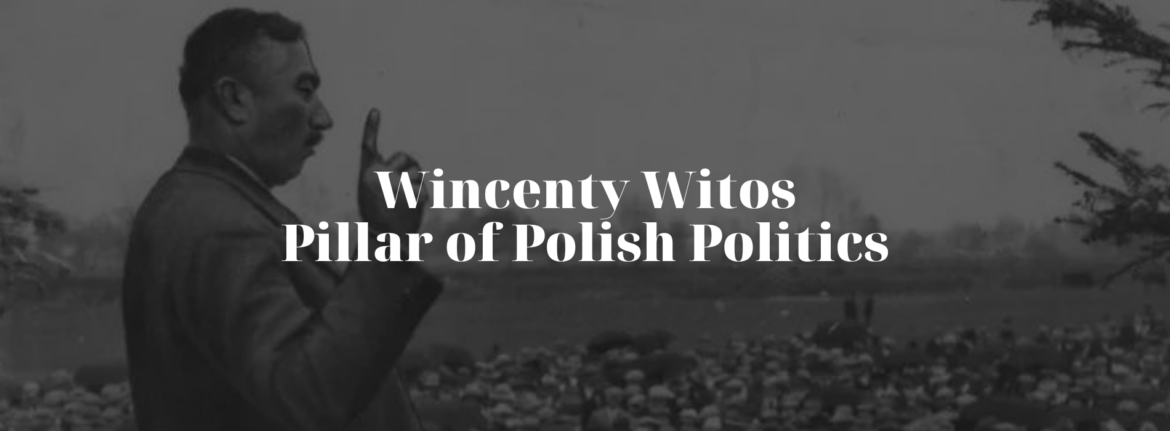Wincenty Witos was a significant figure in Polish history, particularly during the interwar period. Born on January 22, 1874, in Wierzchosławice, a village in southern Poland, Witos was not only a prominent politician but also a steadfast leader of the Polish Peasant Movement. His life and career were deeply intertwined with the struggles and aspirations of Poland’s rural population, reflecting his roots in agriculture and his commitment to advocating for the rights and welfare of peasants.
Early Life and Political Beginnings
Wincenty Witos came from a peasant family, which profoundly influenced his future political path. His early life in rural Poland grounded his understanding of agrarian issues and fueled his dedication to the peasant cause. Witos began his political career as a member of the Polish Peasant Party „Piast” (PSL Piast), which focused on agrarian reforms and the improvement of peasants’ living conditions. His ability to articulate the needs and rights of the rural population quickly elevated him within the party ranks.
Leadership in the Polish Peasant Party
As a leader of the PSL Piast, Witos was instrumental in shaping the party’s ideology and strategy. His leadership was characterized by a pragmatic approach to politics, focusing on achievable reforms and collaboration with other political entities to enhance the influence of the peasant movement. Under his guidance, the party sought to balance traditional values with the need for modernization in agricultural practices, aiming to improve the socio-economic status of farmers across Poland.
Prime Minister of Poland
Wincenty Witos’ political acumen led him to serve as the Prime Minister of Poland three times between 1920 and 1923, and again briefly in 1926. His terms in office were marked by significant challenges, including economic instability, social unrest, and political factionalism. Witos’ governments focused on land reform, aiming to redistribute land to create a more equitable system for the rural poor. However, his tenure was also marked by struggles with maintaining coalition governments and dealing with the increasing polarization between the right and left political spectrums.
The May Coup and Later Years
Witos’ political career faced a severe setback during the May Coup of 1926, led by Marshal Józef Piłsudski. Witos was opposed to Piłsudski’s authoritarian approach and his suspension of parliamentary democracy, which put him at odds with the new regime. Following the coup, Witos was arrested and imprisoned. Although he was released later, his health and political influence were significantly diminished.
After his release, Witos continued to be involved in politics but never regained his pre-coup influence. He remained a respected elder statesman within the PSL Piast and continued to advocate for peasant rights and democratic principles until his death on October 31, 1945.
Legacy
Wincenty Witos is remembered as a champion of the peasant movement and a staunch defender of democracy in Poland. His efforts to integrate peasant issues into the broader national agenda and his unwavering stand against authoritarianism have left a lasting legacy in Polish politics. Today, Witos is celebrated not only for his political achievements but also for his moral integrity and dedication to the principles of fairness and social justice. His life is a testament to the impact that dedicated leadership can have on the shaping of a nation’s policies and its conscience.
